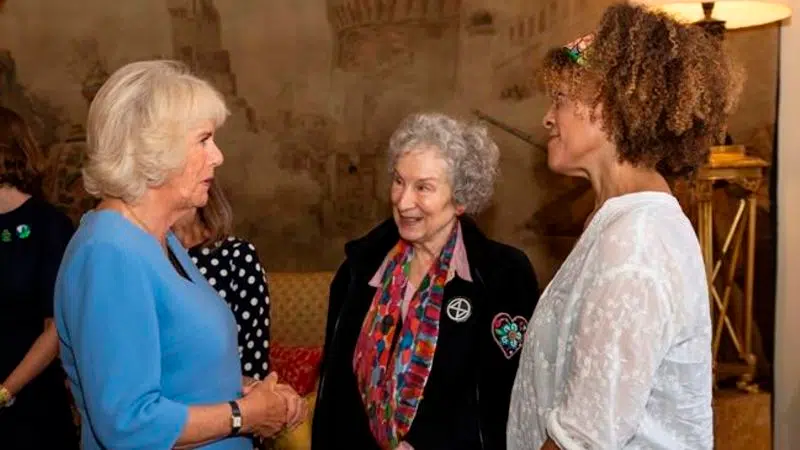
Evaristo says Booker win a landmark for black British women
LONDON — Winning the Booker Prize is one big step for Bernardine Evaristo — and, she hopes, a giant leap for British women writers of colour.
This week the London-based writer shared the prestigious prize for English-language fiction with Margaret Atwood after the five-person panel of judges decided they couldn’t choose between Atwood’s dystopian thriller “The Testaments” and Evaristo’s kaleidoscope of black women’s stories, “Girl, Woman, Other.”
Evaristo is the first woman of African heritage to win the Booker in its 50-year history, and only the fourth ever to be a finalist.
“Fifty years, 300 books — only four black women have been shortlisted,” she said Tuesday. “Hopefully this will mark a new direction.”
